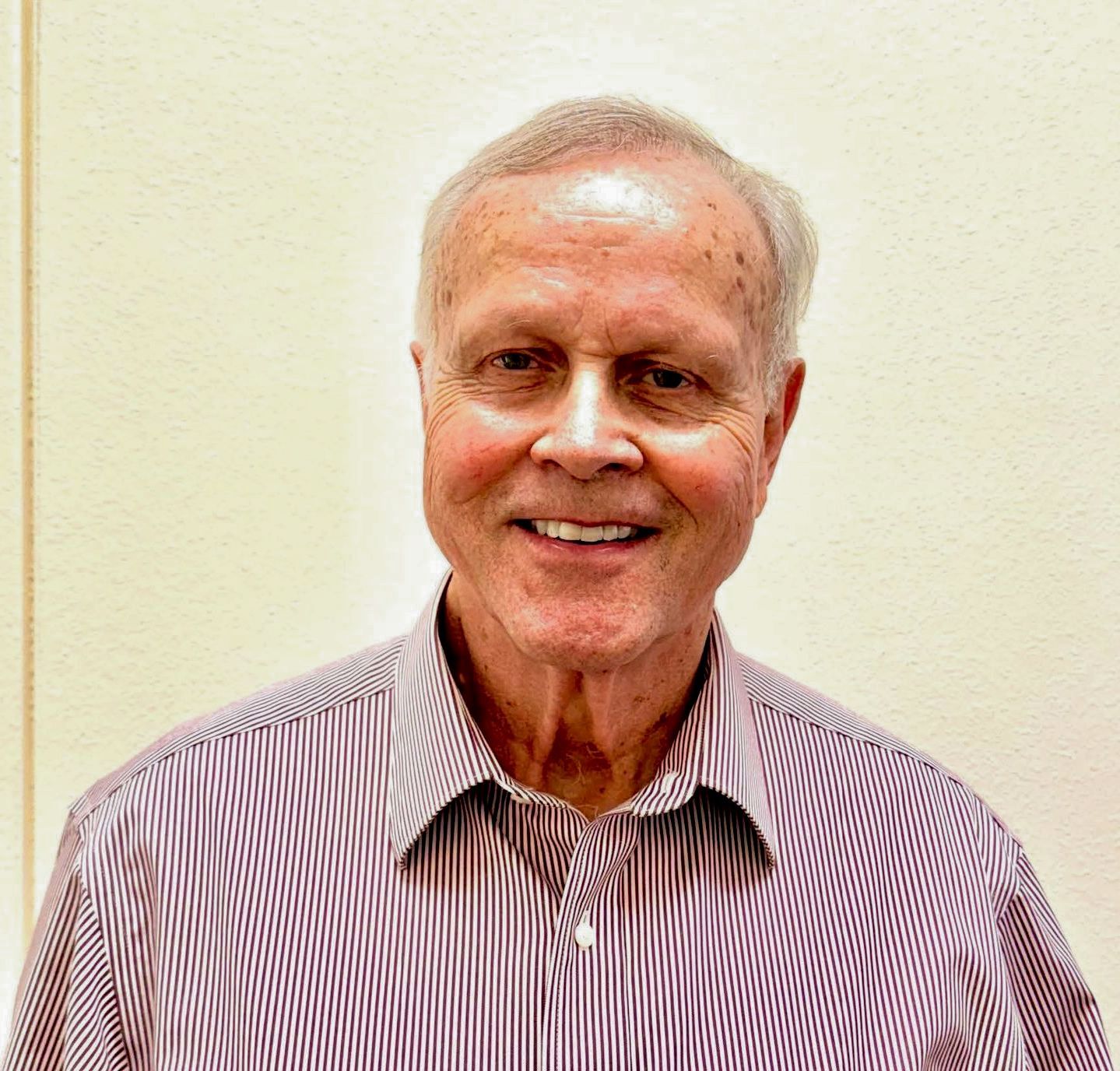Story of Hope: Ebony
November Advocate Impact Story
Advocate Natalie Mohler was assigned to Ebony in November of 2018 and stayed on as her advocate through October of 2020. Natalie was a constant throughout the many changes Ebony had in her life. Ebony came into the care of CPS when her father asked CPS for help dealing with Ebony’s erratic behaviors. It was discovered during this case that Ebony’s father contributed to many of Ebony’s unstable behaviors. The advocate maintained contact with all parties (father, caregivers/case managers) and reviewed documents throughout the CPS case. She coordinated with the parties on services and findings and exceeded the expectations of a CASA advocate throughout her case.
Natalie noted discrepancies in the CPS file and advocated for a review of the child’s paperwork to ensure proper placement. Some previous paperwork stated that Ebony was autistic, but this diagnosis had been ruled out by medical professionals in the past. This case review led to a closer and less restrictive placement. Natalie shined in the area of medical advocacy- she consistently communicated important information about medical follow-up appointments related to asthma and pre-existing conditions with the ad litem attorney for child, CPS and the father’s attorney. All of her findings were reported and considered during the court hearing. She made contact with former daycare teachers and maternal grandparents to gain a full picture of the family and life before CPS became involved with this family. Natalie demonstrated during a difficult case that she is very intuitive and handles conflict well. She remained professional even when things became tense. She experienced barriers and challenges but remained consistent in her goal; advocating for the best interest of the child.
During this case, Ebony was placed in eight placements and had five different caseworkers. Natalie was able to provide information to provide continuity for Ebony, despite all of the changes. Natalie was ESSENTIAL and a constant on this case that kept the caseworkers apprised of Ebony’s needs and the history of her case. She made recommendations that were helpful to the caseworkers and contributed to the successful outcome of this case. She testified about her firsthand knowledge of the case, based on her direct observations of Ebony and her father. Understandably, she developed a great bond with the Ebony and earned the respect of all parties. I am proud to say that Ebony now lives in her forever home and she has been adopted. She is thriving and her behaviors have stabilized now that she has normalcy, a consistent routine and permanency.
Courtney Turner, Advocate Supervisor

By bfines
•
March 21, 2025
In December 2023, CPS received a Priority One referral regarding a 2-year-old child named Katherine, who had been hospitalized after ingesting narcotics. Her mother, Jessica, admitted to being under the influence of methamphetamines at the time. Katherine later tested positive for amphetamines, prompting the Department to seek removal of both Katherine and her 4-year-old sister, Valerie. Their maternal grandmother expressed willingness to care for them but only if CPS became involved. CASA advocate Alfredo Concha was appointed to the case and immediately took action. He contacted the grandparents and met with the children. During that visit, he learned that while the grandparents were willing to provide temporary care, they could not commit beyond December 2024. They had already adopted the girls' older sibling, which kept them busy, and as elderly caregivers, they felt unable to raise two young children long-term. They made it clear—either Jessica would have to get her life back on track by December, or the girls would need another placement. Understanding the urgency, Alfredo used Collaborative Family Engagement tools to seek additional family members who could offer support. He built a strong working relationship with Jessica, which proved invaluable. Through collaboration with Jessica, the grandparents, CPS, and the children's attorney, Alfredo identified and addressed barriers to reunification. A primary concern was Jessica’s history of substance abuse and the risk of relapse. After completing inpatient drug treatment, Jessica chose to move in with her ex-boyfriend, Robert, and his mother, Marie. Given Robert’s history of substance abuse and their previously volatile relationship, Alfredo recommended that Robert participate in services to strengthen their family dynamic. This included undergoing a substance abuse assessment, engaging in treatment, and completing a domestic violence prevention program. Alfredo also ensured Robert and Marie were included in planning meetings. During one of these meetings, Marie expressed her willingness to take in the children and committed to caring for them regardless of Jessica and Robert’s relationship. With this new support system in place, the girls were able to return to Jessica on December 3, 2024. CPS and Alfredo closely monitored the placement for several weeks to ensure stability. By January 2025, Alfredo recommended case closure, allowing the family to move forward with their lives. During the final hearing, Jessica addressed the court, expressing her gratitude. She stated that without the support of CPS and Alfredo, she would not have been able to succeed.

Stories of Hope Delivered to Your Inbox
Sign up for our newsletter to receive impact stories, announcements, and first look into any upcoming CASA events or campaigns!
Newsletter Sign Up
Thank you for signing up for the CASA newsletter! You can close out this window now to navigate through the rest of our site.
Oops, there was an error sending your message.
Please try again later.
Please try again later.







